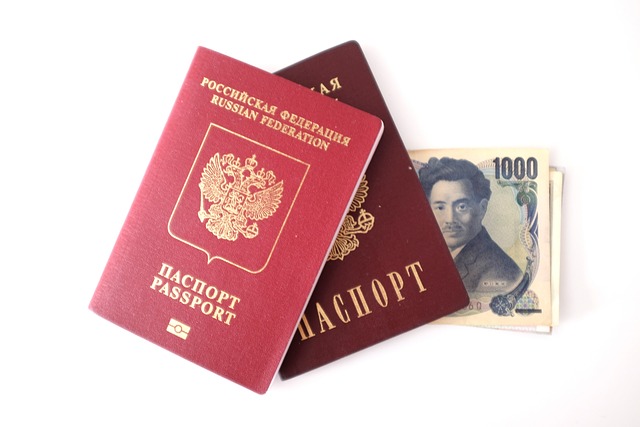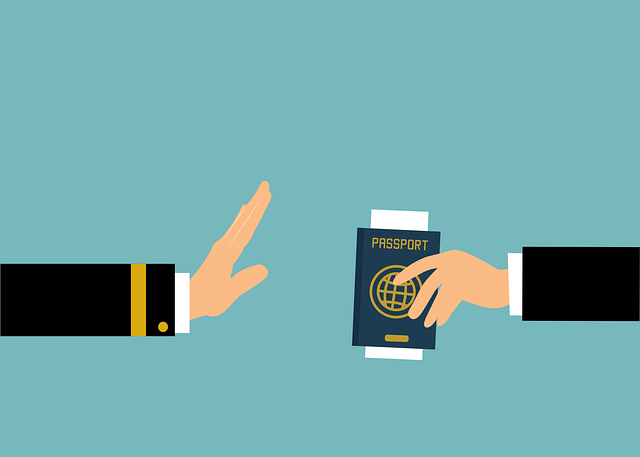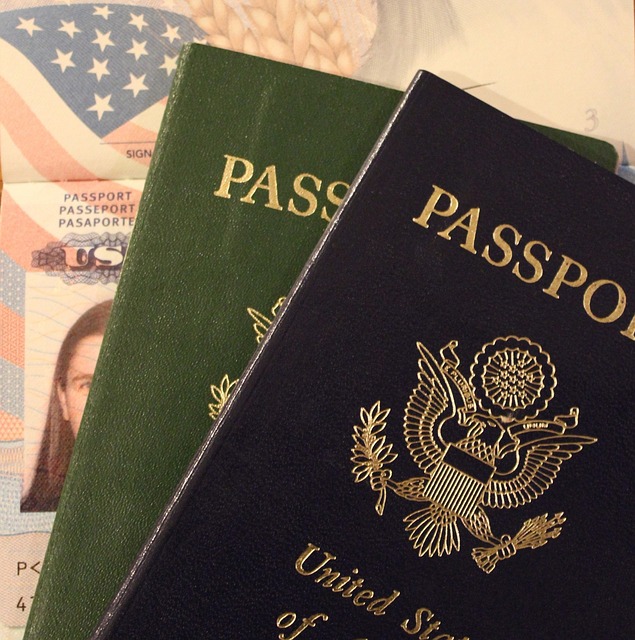Dual Citizenship in Switzerland: Is It Allowed?

Switzerland, known for its high quality of life, political stability, and strong economy, is an attractive destination for individuals seeking to become citizens. However, the question of dual citizenship often arises for those who wish to retain their original nationality while acquiring Swiss citizenship. In this article, we’ll explore the rules and regulations surrounding dual citizenship in Switzerland, the benefits and challenges it presents, and the steps involved in obtaining Swiss citizenship.
Is Dual Citizenship Allowed in Switzerland?
Yes, dual citizenship is allowed in Switzerland. The Swiss government permits its citizens to hold multiple nationalities, and it also allows foreigners who become Swiss citizens to retain their original citizenship. This policy reflects Switzerland’s recognition of the increasing globalization and mobility of its population.
Key Points:
- Swiss citizens can acquire a second (or multiple) citizenship without losing their Swiss nationality.
- Foreigners who naturalize as Swiss citizens are not required to renounce their original citizenship.
- Switzerland does not impose restrictions on dual citizenship for its citizens.
Benefits of Dual Citizenship in Switzerland
Holding dual citizenship in Switzerland offers several advantages:
1. Freedom to Live and Work in Multiple Countries
Dual citizens can enjoy the rights and privileges of both countries, including the ability to live, work, and study in either nation.
2. Access to Social Services
Dual citizens can access social services, healthcare, and education systems in both countries.
3. Political Rights
Dual citizens can vote and participate in political processes in both countries, giving them a voice in shaping the policies of their homelands.
4. Cultural Connection
Dual citizenship allows individuals to maintain a strong connection to their cultural heritage while integrating into Swiss society.
5. Travel Convenience
Dual citizens can travel more easily between their countries of citizenship, often without the need for visas.
Challenges of Dual Citizenship in Switzerland
While dual citizenship offers many benefits, it also comes with certain challenges:
1. Tax Obligations
Dual citizens may be subject to tax obligations in both countries, depending on their residency and income sources. Switzerland has double taxation treaties with many countries to mitigate this issue.
2. Military Service
Swiss male citizens are required to perform military or civilian service. Dual citizens may also have military obligations in their other country of citizenship.
3. Legal Complexities
Dual citizenship can sometimes lead to legal complexities, particularly in cases involving inheritance, property ownership, or family law.
4. Political Restrictions
Some countries do not allow dual citizenship, which could create conflicts for individuals seeking to naturalize in Switzerland.
How to Obtain Swiss Citizenship
Swiss citizenship can be acquired through birth, marriage, or naturalization. Here’s an overview of the process:
1. Citizenship by Birth
- Jus Sanguinis (Right of Blood): A child automatically acquires Swiss citizenship if at least one parent is Swiss, regardless of the place of birth.
- Jus Soli (Right of Soil): Children born in Switzerland to foreign parents do not automatically acquire Swiss citizenship but may be eligible for facilitated naturalization after living in Switzerland for several years.
2. Citizenship by Marriage
- A foreign spouse of a Swiss citizen can apply for facilitated naturalization after living in Switzerland for five years and being married for at least three years.
- The applicant must demonstrate integration into Swiss society, including language proficiency and knowledge of Swiss customs and traditions.
3. Citizenship by Naturalization
- Ordinary Naturalization: Foreigners who have lived in Switzerland for at least 10 years (with at least three of those years in the five years preceding the application) can apply for citizenship. They must demonstrate integration, language proficiency, and adherence to Swiss laws.
- Facilitated Naturalization: Certain individuals, such as spouses of Swiss citizens or descendants of Swiss citizens, may qualify for facilitated naturalization, which has less stringent requirements.
Steps to Apply for Swiss Citizenship
- Check Eligibility: Determine your eligibility based on residency, marriage, or descent.
- Gather Documents: Prepare required documents, such as proof of residency, language proficiency, and integration.
- Submit Application: Apply through your local municipality or canton.
- Attend Interviews: Participate in interviews to assess your integration and knowledge of Switzerland.
- Await Decision: The naturalization process can take several months to years, depending on the canton and municipality.
Dual Citizenship and Other Countries
While Switzerland allows dual citizenship, it’s important to check the policies of your other country of citizenship. Some countries, such as Germany, Austria, and India, have restrictions or require individuals to renounce their original citizenship when acquiring a new one. Always verify the rules with the relevant authorities to avoid complications.



